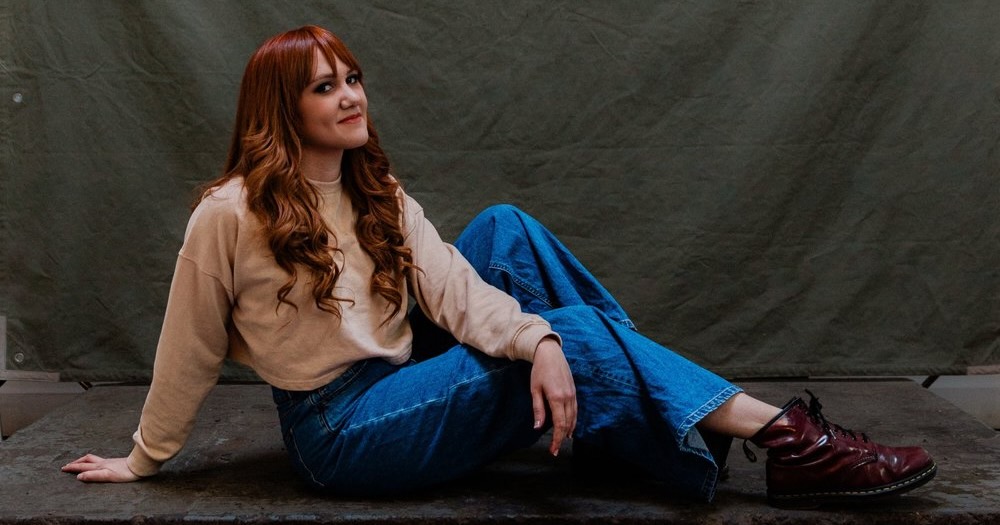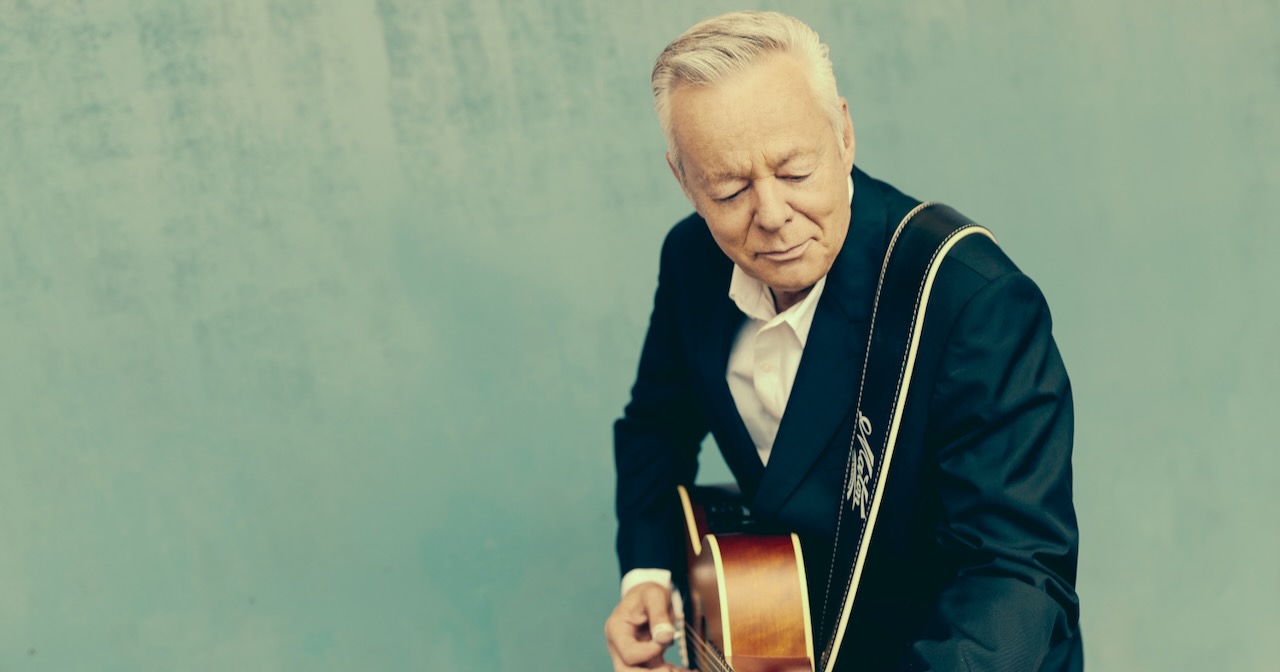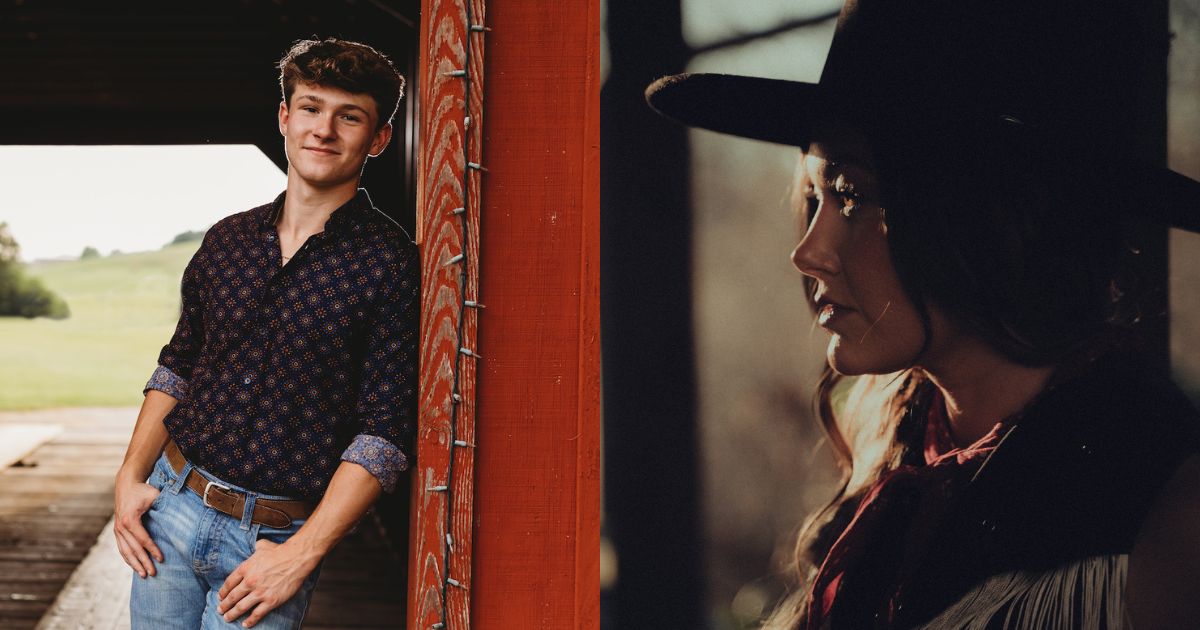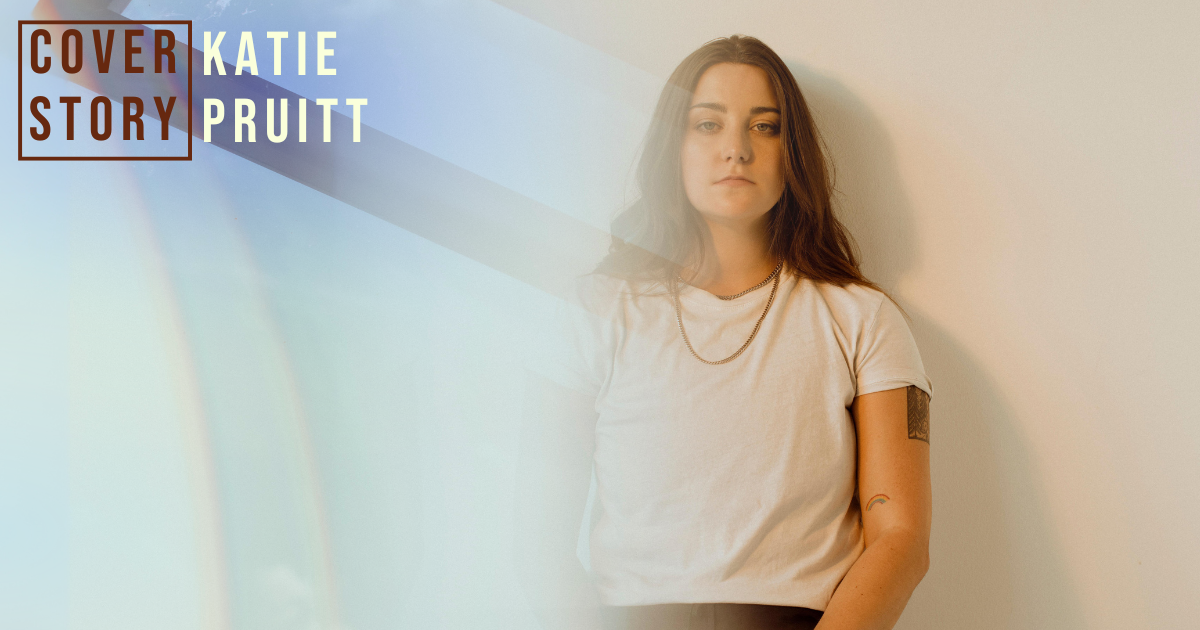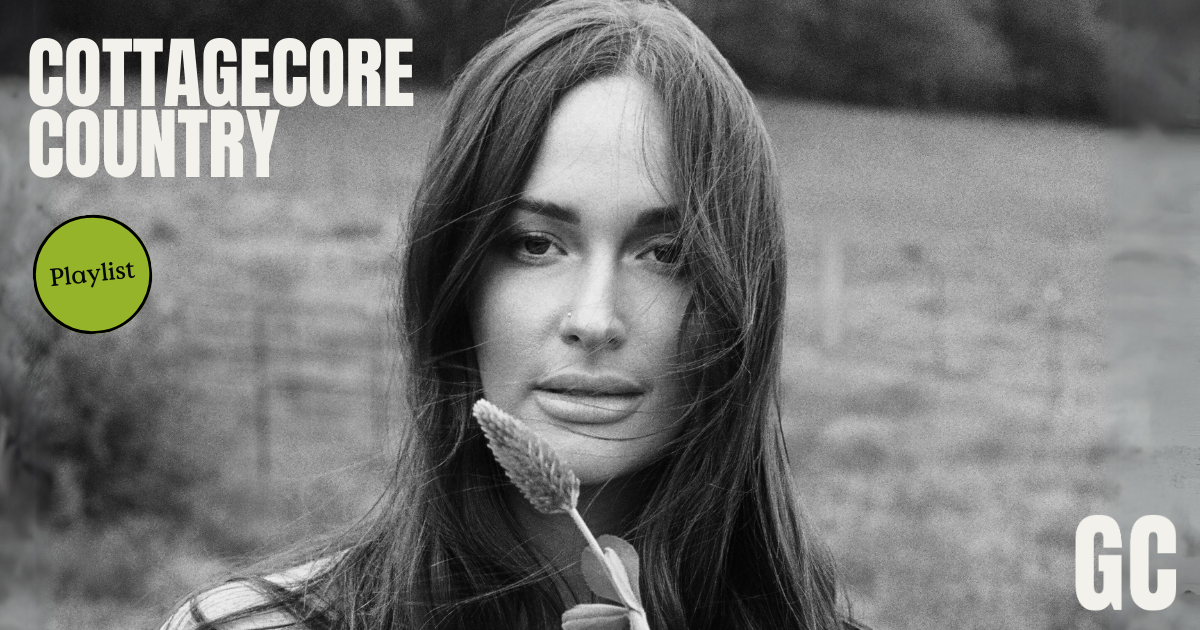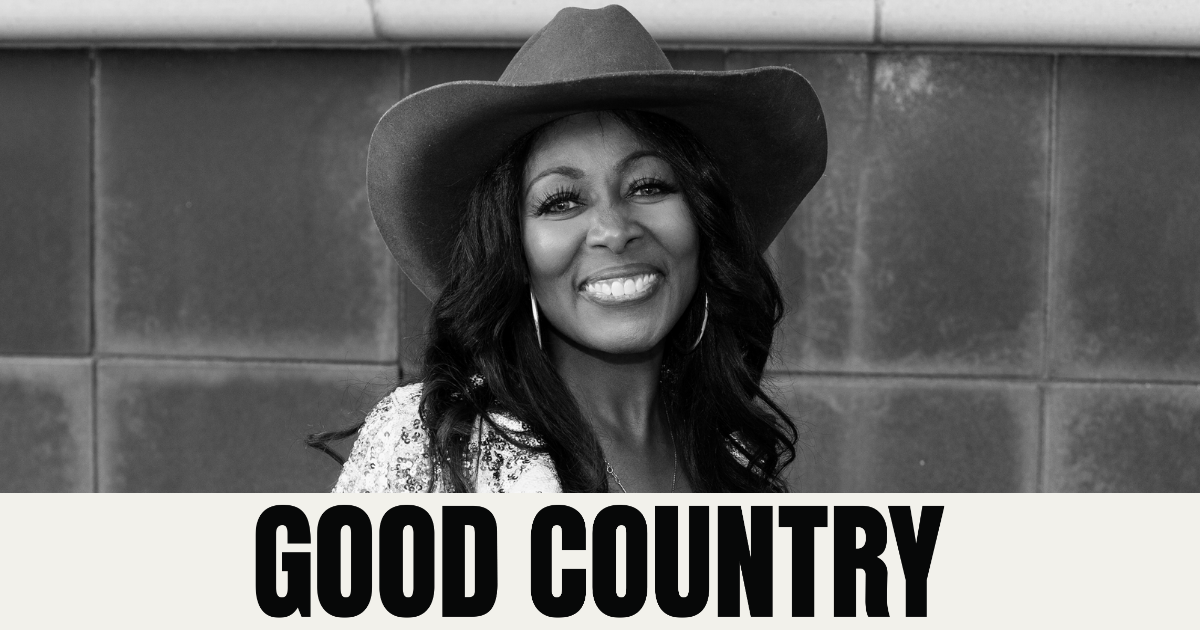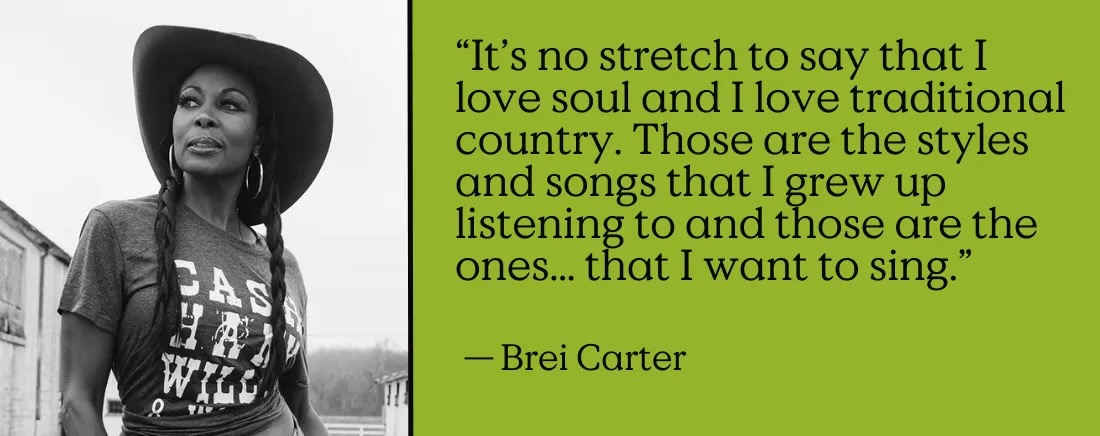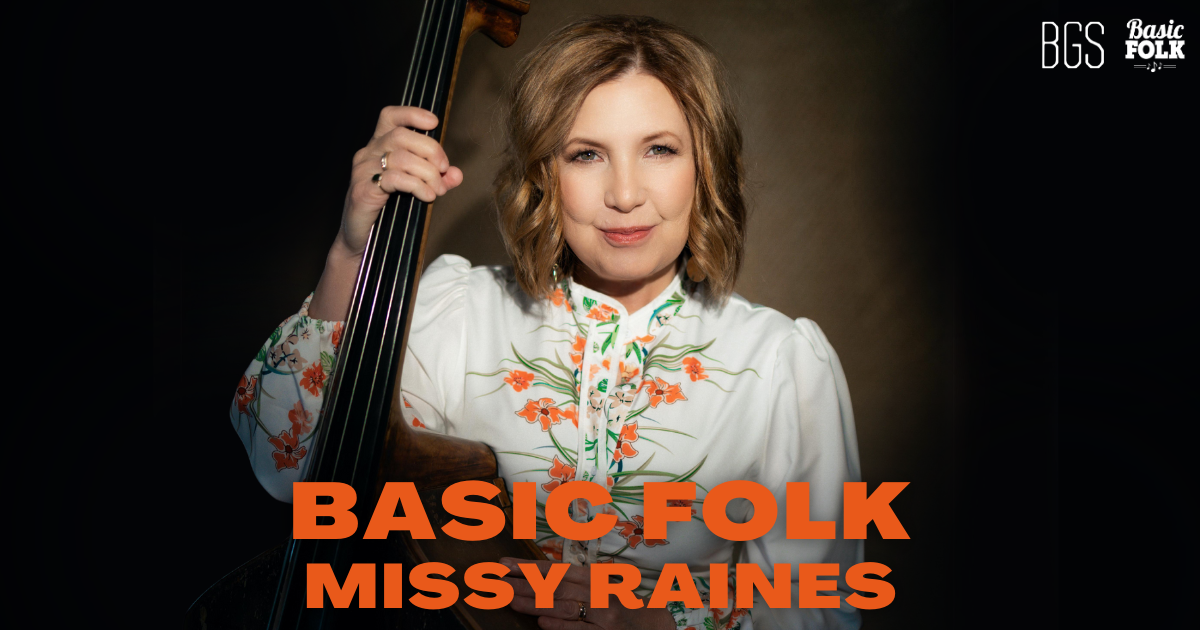Artist: Grace Pettis
Hometown: From Mentone, Alabama and Decatur, Georgia. Currently living in Nashville, Tennessee. Spent my formative musical years in Austin, Texas.
Latest Album: Down To The Letter (out June 14)
Personal Nicknames (or rejected band names): I was Gracie Pettis ’til age 8 or so. When I was in the 5th grade, I made everyone call me “Bob,” because I thought it would be hilarious to be a 10-year-old girl named Bob. My Nobody’s Girl bandmate BettySoo calls me “Graceface” sometimes. I really tried to get my first band to go by “The Bluebirds.” Nobody was into it but me. I wanted Nobody’s Girl to be “The Starlings,” but it didn’t stick. I’ve got a thing for bird band names, including a really good one I’m holding on to, because I might use it one day. Robby Hecht and I think “Dessert Island” would be a great band name. (That’s a recent favorite from a long list of possibilities Robby has going on his phone.)
What’s your favorite memory from being on stage?
When I was 24, I was in the Kerrville New Folk songwriting contest. I’d been dreaming of going to Kerrville and getting into the contest since I was a kid, because my dad Pierce Pettis was a winner back in ’87. I remember being so incredibly nervous before playing. I was wondering if the judges would like my songs, if I’d be able to hit all the high notes, etc. And then when I was actually up there on the stage, I had this moment of clarity, where I realized that everyone in the audience was on my side. As in, everyone there was hoping and expecting that I’d be great. They were ready for me to be really good; in fact, they wanted me to succeed, not to fail.
Something about that realization – that the audience is not my enemy – helped me relax. And over the course of a few days, I realized that the other “contestants” were actually the friends I was making that would last me for the rest of my musical life. The word “contest” implies competition. But what I understood in that moment was that music is a collective and collaborative act. The audience and the performer are in it together; everybody wants it to be a great experience. And we artists are a tight knit community. We write together, play together, stay on each other’s couches. Music can be an ecosystem, and not a battle.
What rituals do you have, either in the studio or before a show?
I like to watch a little comfort TV on my phone while I’m curling my hair and putting on my makeup. Popular choices have included Star Trek, The West Wing, and Late Night with Stephen Colbert. It really helps me zen out and relax. That hour before the gig – when you’ve got a million thoughts in your head about the set list, and remembering the sound person’s name, and setting up merch, and making sure you put those names on the guest list – it’s really nice to get to sink into a familiar routine. Curling hair, putting on mascara, etc. It sounds silly, but that time is really important to me.
When I’m playing and traveling with friends, I like to have a “human” moment before the gig – just a second to check in with each other. Maybe tell a few jokes, have a bite to eat, or share how we’re feeling (physically, emotionally, etc.) before we have to be “on” with an audience. It’s easy to forget to check in with each other in the busy hustle of the pre-show and post-show check list.
If you had to write a mission statement for your career, what would it be?
“Make it mean something.” As in, the song, my day, the show, my life. I want the things I make and the time I spend on the planet to mean something, firstly to me, and also to others. I actually wrote that mission statement into a song (“Mean Something”), which I recorded on my album Working Woman (2021). It’s great to have a song that’s also a mission statement. I sing it a lot during sound checks and during shows, when there are obstacles getting in the way of me being able to center myself and be present in the moment. Maybe the sound system is not cooperating. Maybe there’s a disrespectful person in the crowd. Maybe it’s a noisy bar and the game is on the TV overhead. Maybe I’m sick, or tired, or just in a bad mood. “Mean Something” helps me remember why I’m on the planet and here in the room that I’m in. It connects me with my purpose, gratitude, and joy.
If you didn’t work in music, what would you do instead?
When I was a very little kid, I also wanted to be an artist – as in a painter or illustrator. I wanted to write books too. Later, in middle school, I briefly wanted to be a school counselor, but dismissed the idea because I didn’t want to be in the same office every day, five days a week. In high school, I was into the idea of being a truck driver. The whole world is your office and your view changes every day. And you can eat as much junk food as you want and use those cool portable devices that plug into your truck engine. Little stoves and TVs. I love gadgets like that. And I love the idea of listening to audiobooks for hours on end. My music job is pretty similar to truck driving, really. I do a lot of driving, and loading and unloading of gear. More junk food than I would like. And a lot of audiobooks.
What is a genre, album, artist, musician, or song that you adore that would surprise people?
I’ve always been a really big Jennifer Lopez fan. When I was a guest on my bandmate BettySoo’s virtual show during the pandemic, we were asked to play “guilty pleasure covers.” I covered “Love Don’t Cost a Thing.” I maintain that it’s a jam.
Photo Credit: Starla Dawn
